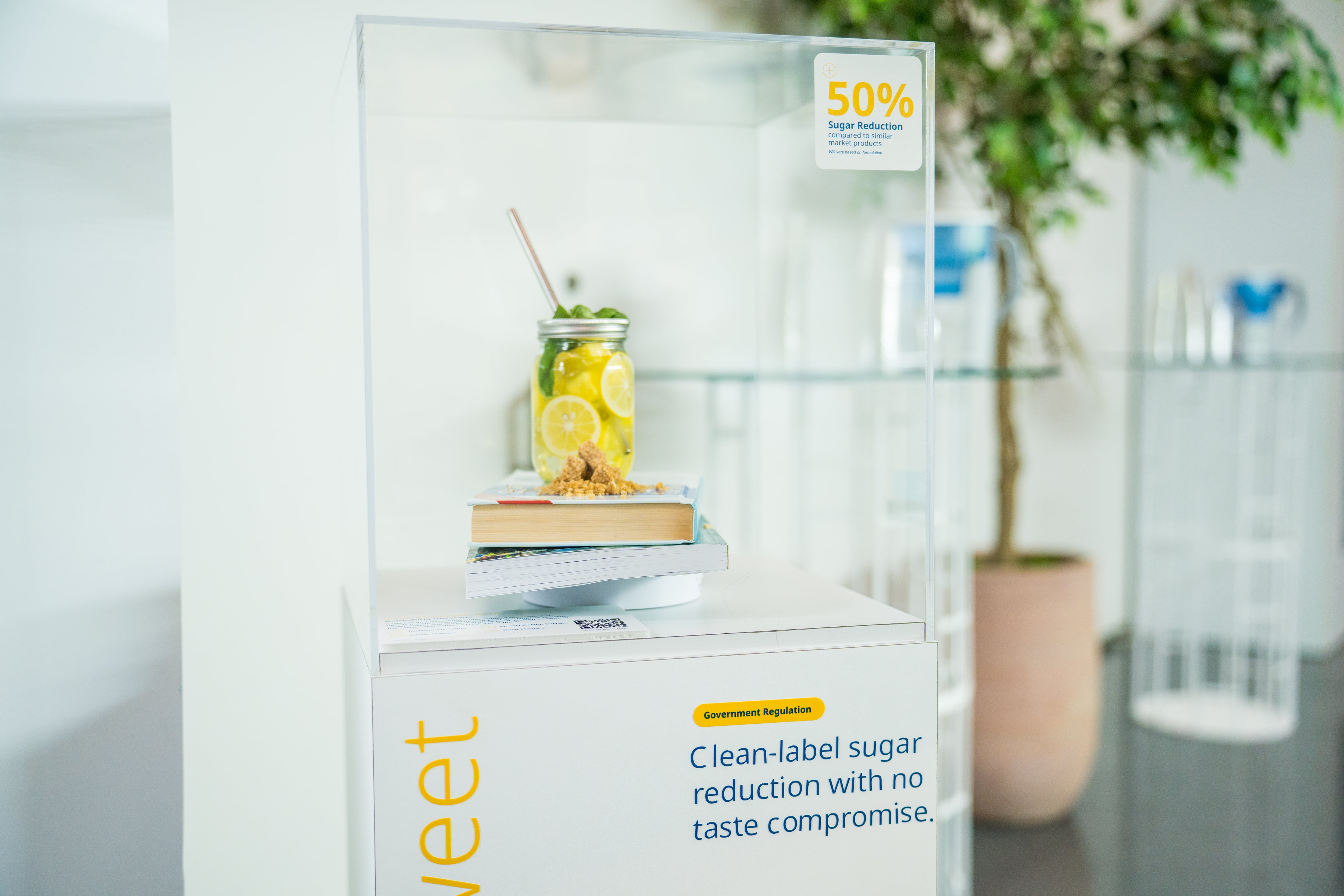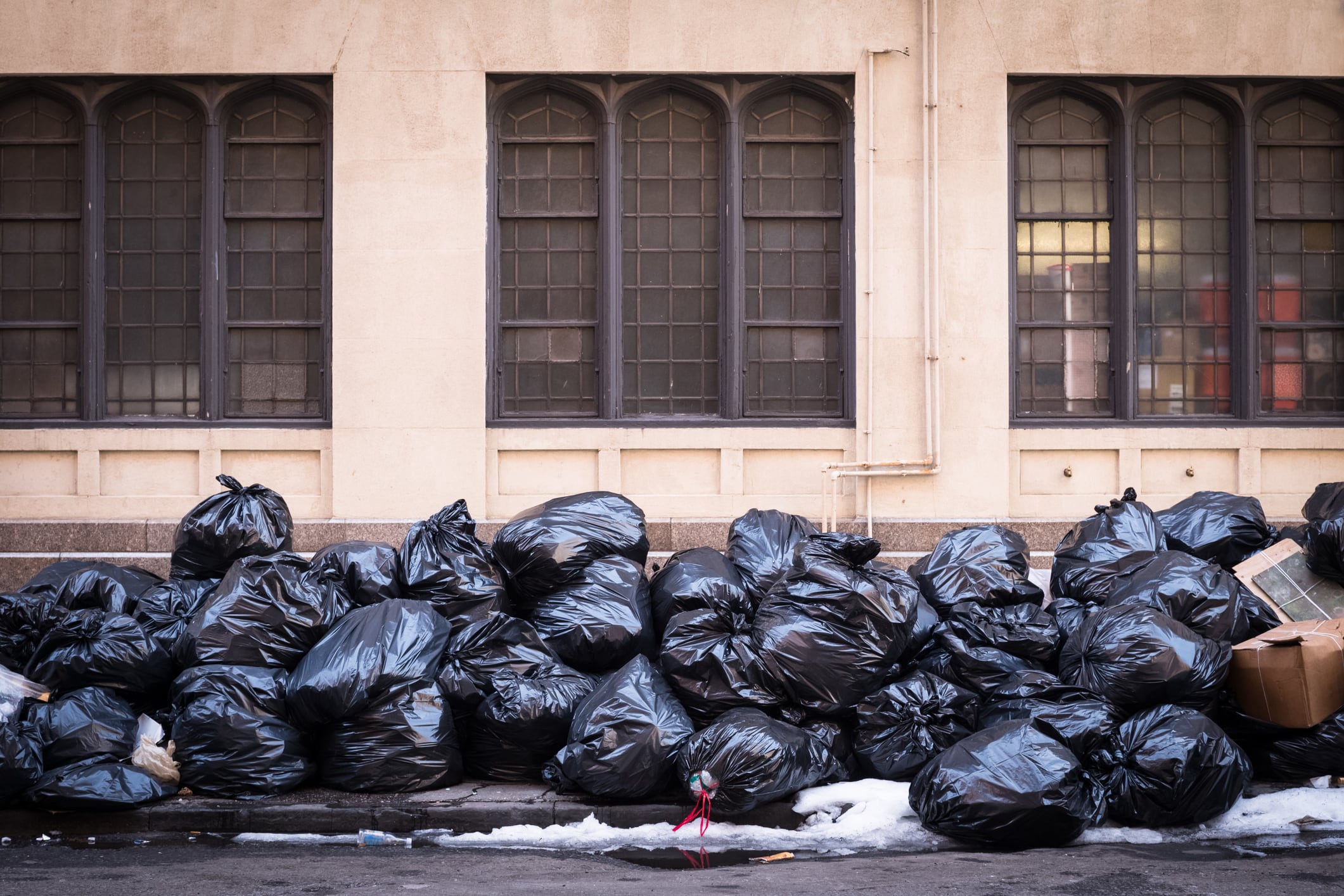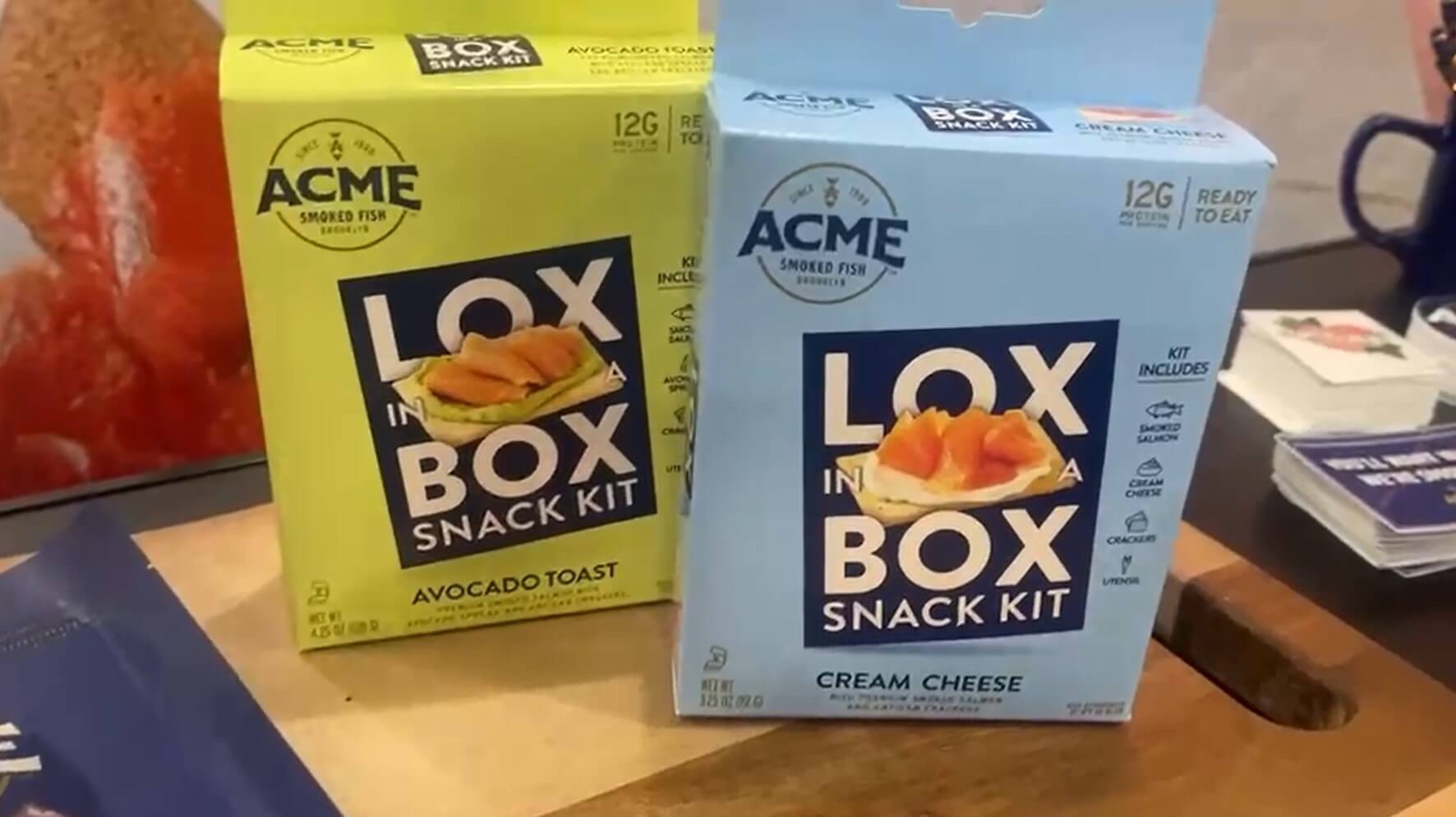From oceans to packaging, Acme Smoked Fish is redefining seafood sustainability, using traceable sourcing, cross-team collaboration and climate awards to drive change across the industry.
“We believe that the role of the seafood industry should be represented in climate conversations,” said Rob Snyder, Acme’s incoming CEO during Climate Week in New York City. “Too often seafood is overlooked in conversations concerning climate although the seafood industry stakeholders are totally both at risk of climate impacts and have a meaningful role to play in contributing to climate solutions.”
Alex Golub, Acme’s director of sustainability outlined the climate-related risks facing Acme’s business, agreed, adding: “First of all, ocean warming ends up presenting a significant challenge,” she said. “A lot of that warming takes place at the top of the water column, and a lot of the fish that we use are actually coming from parts of the world, in Chile and North Atlantic, where these fish are grown at the tops of the water column, and that’s where those fish become more at risk of disease and other pressures.”
Acme also faces physical risks across its manufacturing footprint.
“We have four manufacturing plants on the Eastern seaboard of the United States,” said Snyder. “Every one of them is actually at risk of major climate events, whether that’s our plants in Florida and North Carolina with hurricanes, but even in New York and Massachusetts, where we are also at risk of power outages and things that ultimately put our business at risk because of extreme events.”
Citizens of Seafood: A framework for sustainable growth
Founded in 1906, Acme remains a fourth-generation family-owned company. According to Golub, sustainability became a central focus only in recent years as the company began to assess its role in supporting “a sustainable seafood future.”
She explained, “We encapsulated our thoughts and values around sustainability in a corporate value that we call Citizens of Seafood. That corporate value is really our way to holistically understand the work that we can do at Acme to contribute to a positive seafood future.”
Under that framework, Acme operates across four sustainability pillars: seafood sourcing, climate impact, packaging and waste reduction and people and community.
“Being Citizens of Seafood means we strive to do right by our people, our communities, and our planet by putting social responsibility and sustainability at the center of our decisions,” Golub said.
Seafood sourcing and traceability
Acme sources roughly 20 different species of fish, spanning both wild-caught and farm-raised varieties. The company’s largest volume species include Alaskan wild-caught sockeye salmon, Atlantic salmon from the North Atlantic and Chile, mahi, tuna, sturgeon and herring.
“It’s a globally sourced food,” said Golub. “Part of our challenge is to really be able to trace that impact of our buying decisions back to the source and make sure we know how the ocean is impacted anywhere we buy from.”
Improving traceability is also central to Acme’s sustainability efforts.
“We’ve been working for several years towards a full digitally traceable supply chain,” said Golub. “If we can trace our fish all the way back to the vessel level or to the farm level, then we can truly understand the social risks around our seafood sourcing.”
For wild-caught species, Acme prioritizes Marine Stewardship Council (MSC) certification. For farmed fish, it relies on the Aquaculture Stewardship Council (ASC) and other certifications benchmarked by the Global Sustainable Seafood Initiative (GSSI).
Balancing sustainability with price, taste and convenience
Snyder and Golub acknowledge that sustainability goals must align with consumer expectations. Snyder pointed to the company’s approach to innovation, which favors practical implementation over new product hype.
“I actually don’t know how much more innovation we need, as opposed to doing what’s already available to us,” he said. “One of the big opportunities is to look at how waste streams are utilized in seafood. One of our climate award winners in the Great Lakes region - the 100% Great Lakes initiative - is all about investing in research that helps to figure out how to 100% utilize fish coming out of the Great Lakes region.”
Golub added that packaging innovation is a focus area. “We’re definitely looking at [packaging] both from a sustainability angle,” as well as cost and margin goals, she said.
“There are some really exciting opportunities for biodegradable or curbside recyclable packaging. And we’re looking at some bio-based materials” derived from marine ingredients, she added.
Scaling impact through the Seafood Industry Climate Awards
This year also marks the launch of Acme’s fourth annual Seafood Industry Climate Awards, administered through the Acme Smoked Fish Foundation, a 1% for the Planet-certified nonprofit funded through 1% of Acme’s branded cold-smoked salmon sales.
“Once a year, we celebrate by making three large gifts in North America and three in Chile, where we give $70,000 each to companies that are addressing climate change in the seafood space,” said Snyder.
In total, Acme contributes about $250,000 annually to support projects driving climate action across the industry.
Advice for CPG leaders: Make traceability a business priority
Snyder emphasized the operational and commercial benefits of sustainability investments, offering advice for other CPG leaders looking to integrate climate goals into their business strategies.
“While traceability is hard work, it’s actually incredibly valuable and worth putting the effort into,” he said. “It creates feedback loops in the business that allow you to address food quality issues, raw material quality issues, [and] food safety issues. You’re not just getting a great outcome for sustainability - you’re getting a fantastic and dynamic outcome for the business.”
Golub noted that embedding sustainability across teams has had a positive cultural effect internally.
“It jazzes up our employees, too,” she said. “Citizens of Seafood means everyone has a role to play as a citizen in this work. Finding cross-collaborations with packaging, engineering, R&D and food safety teams has really brought everyone together under a common goal.”



